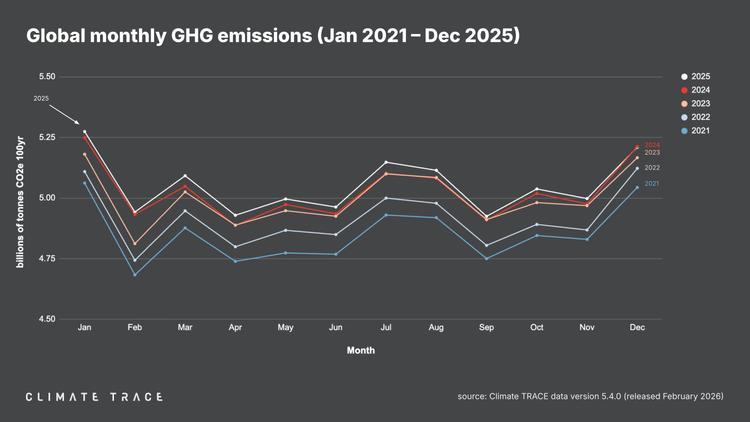Companies deploying AI ‘at unprecedented speed’ without considering ESG risks
97% of firms do not take AI's environmental impacts into account.

A wide majority of companies deploying AI in their operations fail to consider environmental and societal impacts or set up sufficient governance structures, new analysis has found.
A review of 1,000 companies from 13 sectors has found that the corporate world lacks transparency around AI governance, potentially exposing investors to regulatory and reputational risks.







